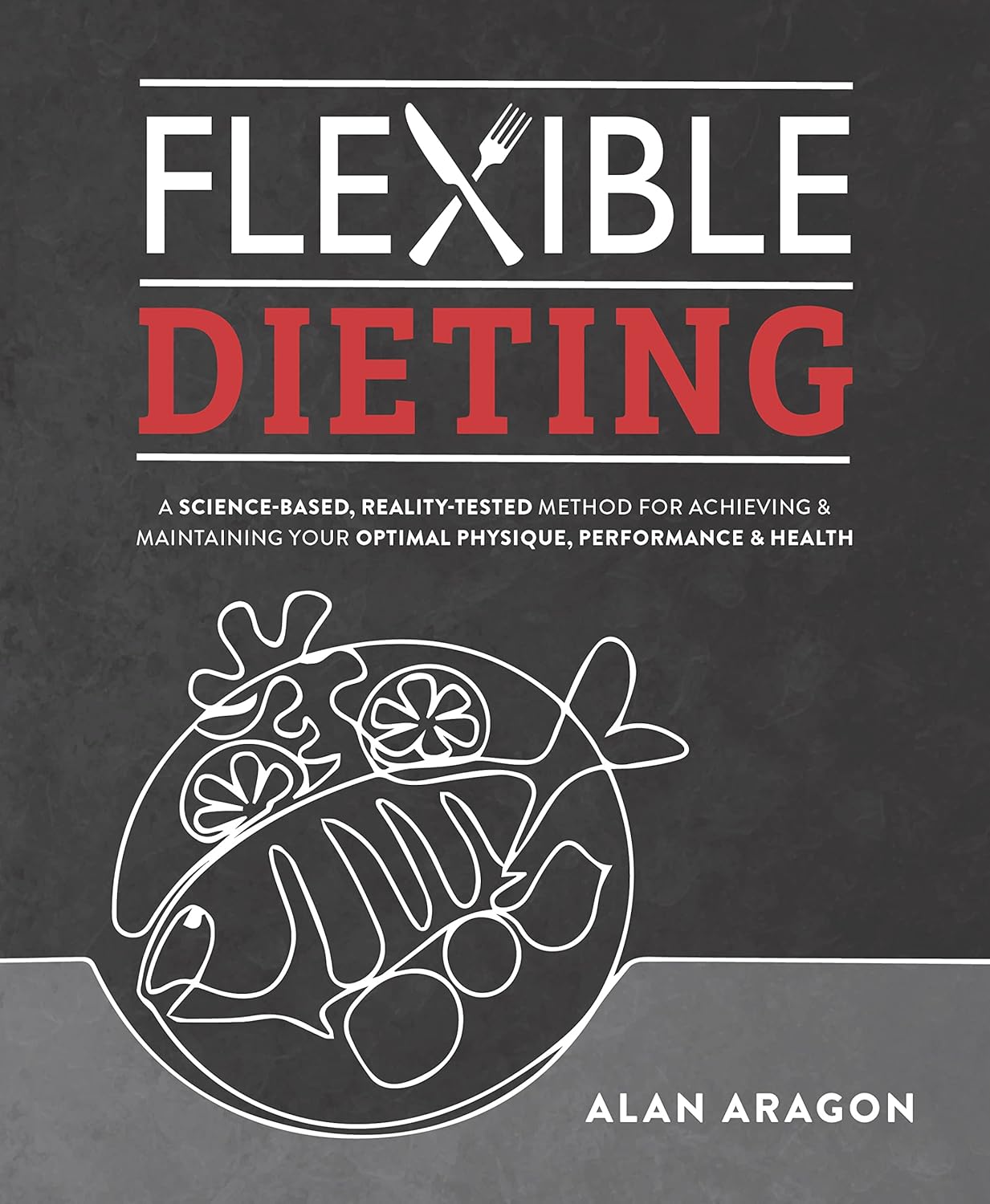
Lose Weight and Keep It Off With Flexible Dieting
The Art of Manliness
Effect of Dietary Fat on Testosterone Levels
Research indicates that dietary fat intake significantly impacts testosterone production, with a clear distinction between 20% and 40% of total calories from fat. Higher testosterone levels consistently correlate with a 40% fat intake, while reducing fat to 20% results in notable declines in testosterone. This research involves sedentary subjects and lacks optimization in protein or structured training programs, suggesting that findings may not be fully representative of active individuals. Nevertheless, maintaining fat intake above 20% is crucial for preserving testosterone levels. Optimal levels for maximizing testosterone remain uncertain, requiring further investigation into various types of fats. Saturated fats appear more beneficial for testosterone production compared to unsaturated fats, although they may pose cardiovascular risks. Therefore, striking a balance between testosterone optimization and overall health is complex. Recommendations include not falling below 20% of total calories from fat and ideally starting at around 0.5 grams of dietary fat per pound of target body weight.



